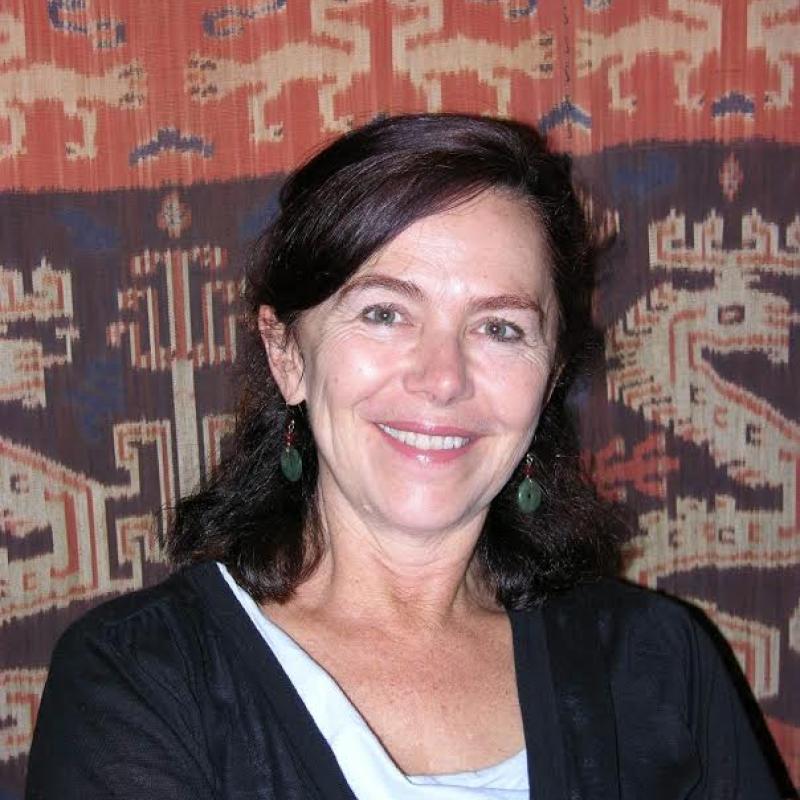In our opening session, TIME served as the framework to understand the universe. TIME though, as Professor of Anthropology Janet Hoskins has shown in her research, can also serve as a paradigm to illuminate human cultures here on earth. In her work with the Kodi, an indigenous people who live on Sumba Island in the Indonesian archipelago, Hoskins used TIME to understand their cultural and social practices: “Time,” Hoskins argues, “must be seen as a crucial (perhaps the crucial) dimension of analysis.” All aspects of Kodi life-- marriage, clan, and village relationships are structured around temporalities linked to the phases of the moon. In a society without written records, this lunar calendar is part of an oral tradition led by the “priest of the new year”, a sort of living Father Time. The literate traditions of Vietnam are also organized through a lunar calendar, and the idea of temporal cycles linked to the renewal of the universe in periods of revelation. Hoskins will also discuss the East Asian temporalities of the lunar calendar in Buddhism, Taoism and Caodaism (a 20th century Vietnamese new religion).
Time is a universal construct among human societies, but it is not uniform in its construction. Professor Hoskins will help us step out our of time—linear, historical, western—and into an entirely different time-frame, and in so doing, we may better understand ourselves and the beautifully different peoples with whom we share the planet.
